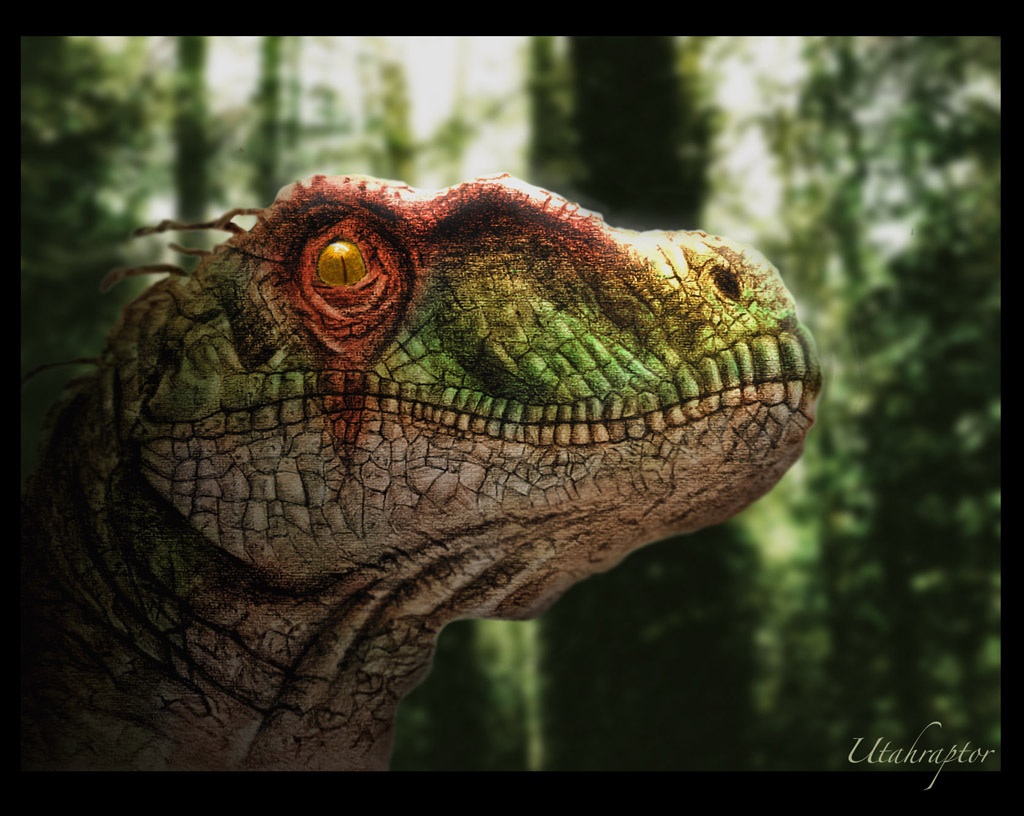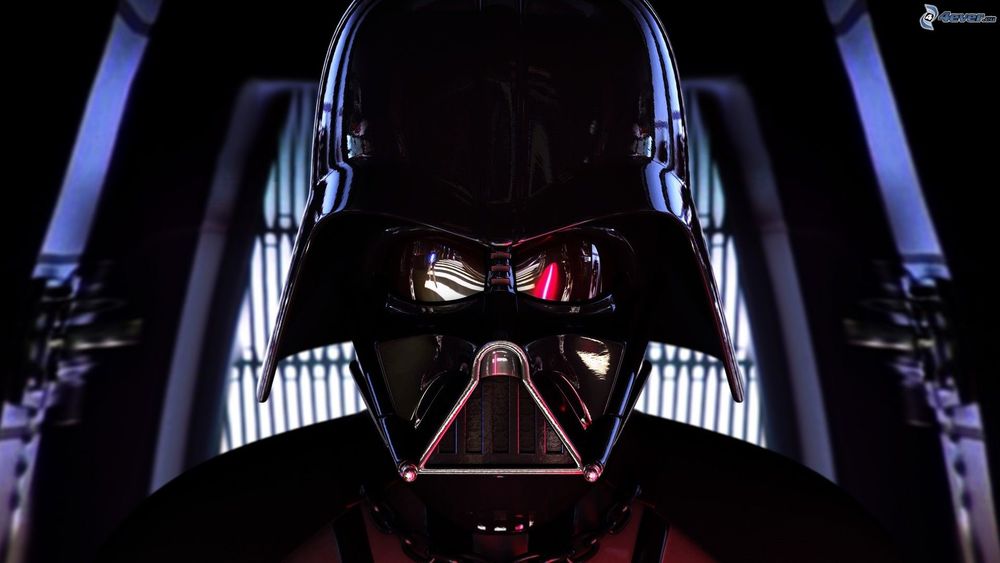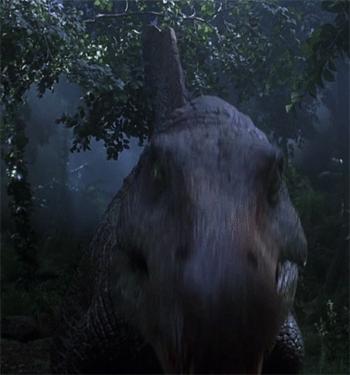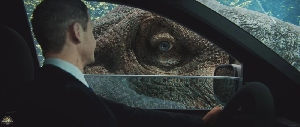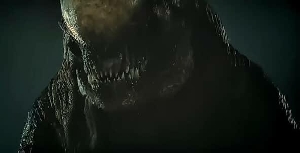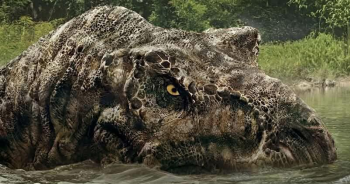Is T. Rex Overrated?
Dinosaurs Forum Topic
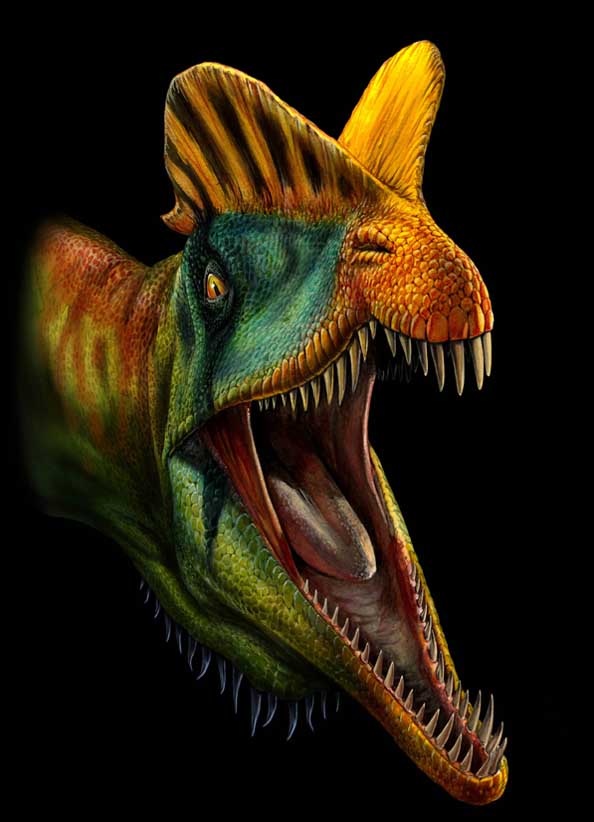
TupieTee
MemberCompsognathusJun 25, 20138481 Views24 Replies
By the most reliable estimates, the Tyrannosaurus' maximum size is 40-43 feet. This is backed up by "Sue", the largest T. Rex known. She is a 40-42.6 foot long individual that died of old age. That being, she was likely at maximum or near maximum size at her time of death. While it is possible that the oldest individuals reached 43-46 feet, common size appears to be smaller. "Stan", the next largest Rex specimen, is 40 feet and also died of old age. "The Devil Rex", one of the largest is only 38 feet and also died of old age. Peck's Rex, a particularly misunderstood (not overrated) individual, is often said to have been 50-60+ feet. It was later discovered that it was a mere 40 feet at most and the larger bones came from a sauropod.
Another misconception is that Tyrannosaurus hunted in packs. There has been no evidence of this, and when people say "3 Tyrannosaurus skeletons were found in the bla bla bla formation", that doesn't mean they were pack hunting, since formations are huge. They are usually found miles apart. Hadrosaurs were their preferred prey and they wouldn't need to form packs to take them. Triceratops were probably taken down by a lone individual somewhat frequently. Their jaws were built for sheering off horns and taking down large prey like hadrosaurs and ceratopsians as quick as possible.
Their teeth were built for pulling off chunks of flesh without falling out, not crushing bone as once thought. Scrapes or bites on bone are now theorized to be accidental. This enabled them to be effective (I know, I know) scavengers. While almost every animal scavenges, Tyrannosaurus appears to be a specialized scavenger. It wasn't built for running and had overall scavenger adaptions. Though many people take the term "scavenger" as an insult, it just makes Tyrannosaurus deadlier and more successful, showing how resourceful it was. The "deadlier" part stems from the fact that rotting flesh would have been stuck in its teeth and given it a septic bite. It also had thicker (not thick in general, just in relative terms) bones than other dinosaurs, somewhat binocular vision, good hearing and a great sense of smell. This allowed it to ambush prey. Here is a scenario:
A T. Rex finishes the meal she found of a half eaten baby Triceratops. Still hungry, she listens and hears a bugle of a Parasaurolophus in the distance. She follows the sound and looks ahead, seeing a large individual carelessly munching grass away from its herd. The Tyrannosaurus crouches in the forest and quietly slinks forwards, soon coming within 50 feet of the herbivore. Suddenly it lifts its head and smells the air but before it can turn and run she dashes out, closing the distance in a few bounds and clamps her jaws on to the Parasaurolophus. It was not angled right and she only managed to catch a small bite on its side before it rejoined its herd. The herd leaves and she follows the scent of blood throughout the night. The beast dies from the sceptic bite and she enjoys her kill.
In the preceding scenario, there's a good chance she would have caught the hadrosaur on her first try, but to show the effects of the septic saliva and sense of smell, I made her miss. Tyrannosaurus is the king of dinosaurs, but not in the way that it could beat any other theropod that it was pitted against. It was the king because it was the original giant carnivore, its discovery coming long before Giganotosaurus, Spinosaurus, Mapusaurus, Carcharodontosaurus and Tyrannotitan, though, ironically, it lived millions of years after the rest of these species went extinct. T. Rex just isn't the biggest or baddest anymore, and if any of these discoveries came before Tyrannosaurus, the roles would be easily reversed. Spinosaurus only gets so much hate because it murdered the dinosaur everyone knew and loved. If the roles were reversed, then Rex would get the same hate.
Is Tyrannosaurus overrated?
In some ways yes, in some ways no.
Are you an avid Jurassic World fan looking for a dedicated online community of likeminded fans? Look no further! Create your own profile today and take part in our forums and gain XP points for all the content you post!

